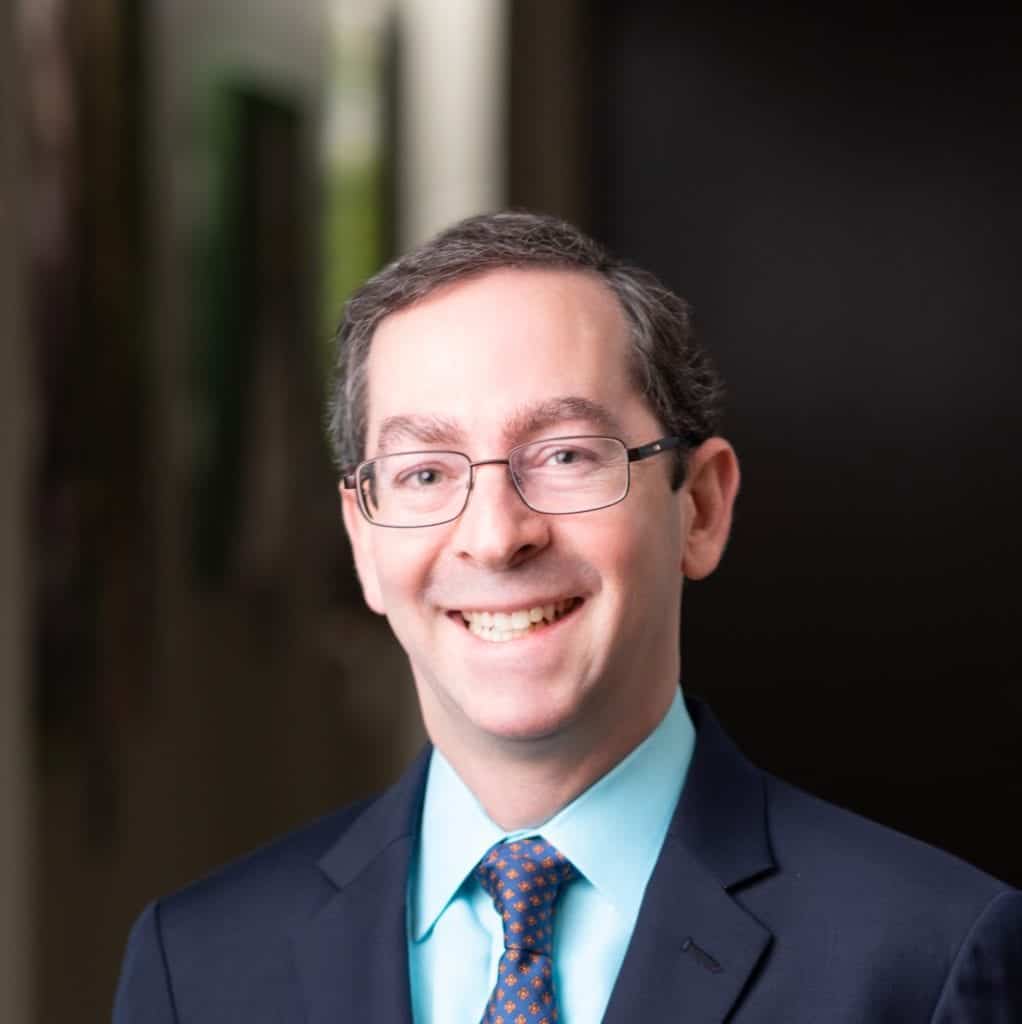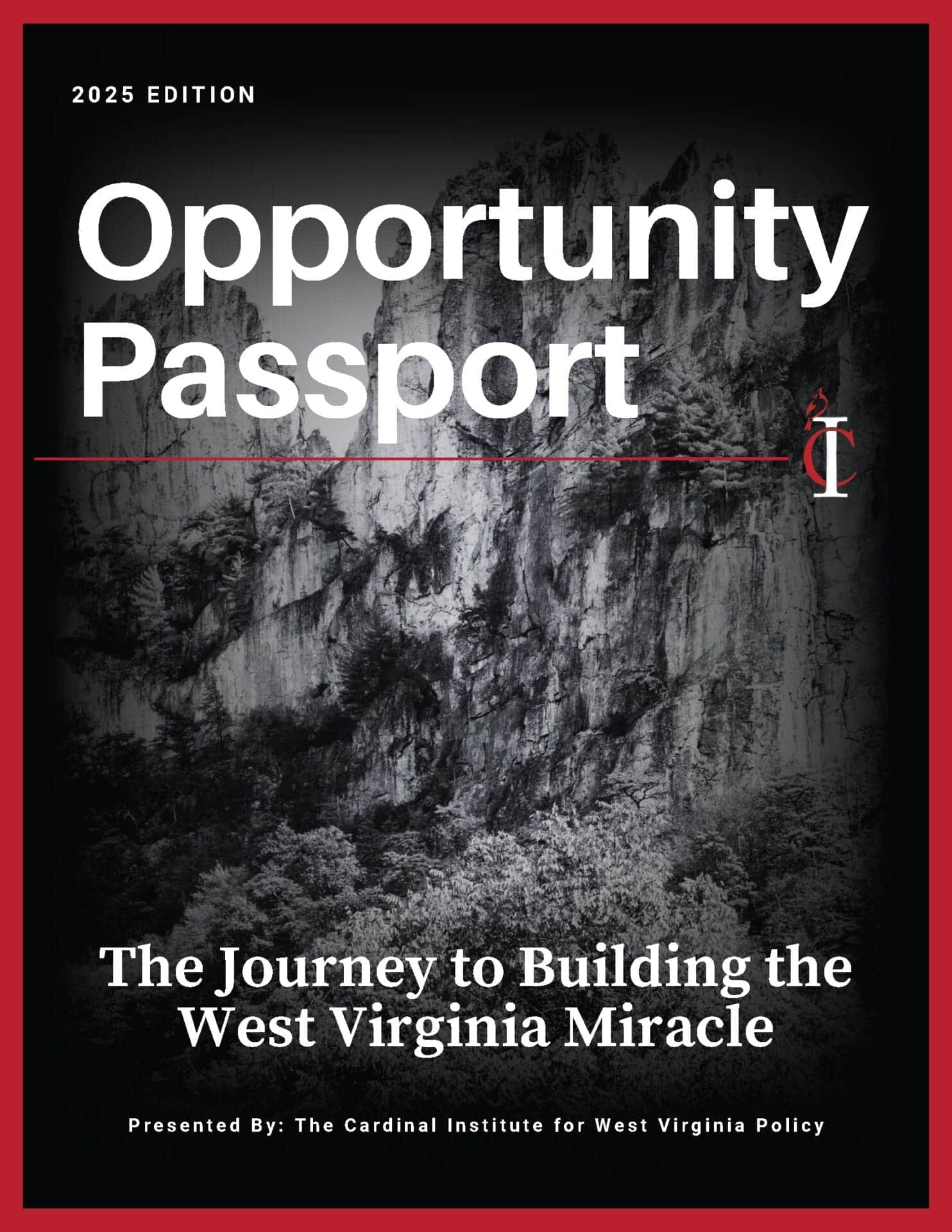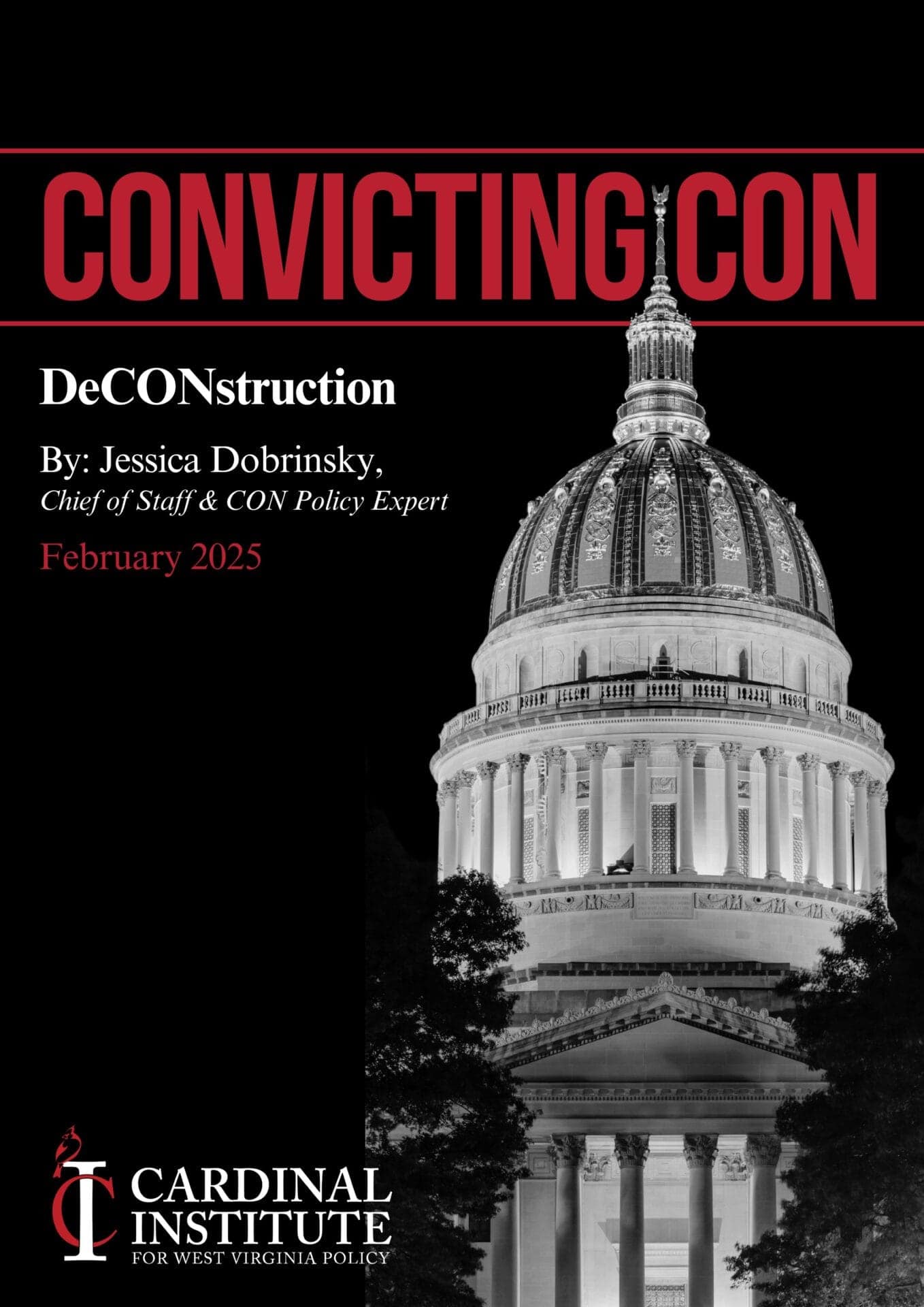
Not Free to Speak about the First Amendment
Cardinal Team
The political events of 2020 and 2021 have shown how important it is to know our Constitution. Unfortunately, most of us don’t. Even worse, it’s hard to raise money for people who teach the Constitution because of state laws that restrict free speech.
There are great organizations that help teachers prepare for civics classes. For example, a joint effort of the Jack Miller Center for Teaching America’s Founding Principles and History, the Bill of Rights Institute, and Ohio’s Ashbrook Center is reaching teachers all across Florida and soon in other states. Teachers learn how to engage students in discussion and debate about core documents such as the Declaration of Independence.
I want to help the Jack Miller Center fundraise. But in most states, I have to be careful how I say so.
West Virginia, and most other states, impose significant burdens on my ability to fundraise. To be allowed to talk to potential donors here, unless I do it entirely for free, I am required to register, pay a $100 fee, and post a $10,000 bond.
These requirements are trouble enough, but in some states—including West Virginia until I appealed for help to the Secretary of State—I am required to tell the government exactly what I planned to say, ahead of time.
This requirement raises obvious First Amendment concerns. When people must tell the government in advance what they plan to say, they lose the ability to engage in spontaneous speech about current events.
For example, after Amy Coney Barrett was nominated to the Supreme Court, Americans debated the role of the Court, separation of powers, and the checks and balances helping our country avoid tyranny. It became clear, once again, how much we need civic education nationwide.
Of course, one cannot predict such events. A requirement of advance notice means the best moments to persuade donors will pass without action.
Many years ago, the West Virginia Supreme Court ruled that the Secretary of State does not have the statutory authority to request information from charities and fundraisers ahead of time. But the regulation to do so remained on the books.
Pacific Legal Foundation, a public interest law firm that fights for individual liberty including freedom of speech, wrote a letter for me to the Secretary of State pointing out this unconstitutional rule. I am grateful that the Secretary of State’s office immediately agreed to stop enforcing the rule and to start amending it.
The other burdens here, however, remain. I hope they can be lifted to make it easier to talk about the Constitution in our state.
Americans have the unalienable right to speak freely about matters of public concern, such as education. We also have the right to work for causes and organizations like the Jack Miller Center, raising the funds necessary to spread their message.
We should not have to inform government bureaucrats before we speak. Other states with similarly unlawful requirements, such as Connecticut and Tennessee, should follow the good example of West Virginia.
Adam Kissel, former deputy assistant secretary for higher education programs at the U.S. Department of Education, lives in Charleston and is senior fellow at the Cardinal Institute.







